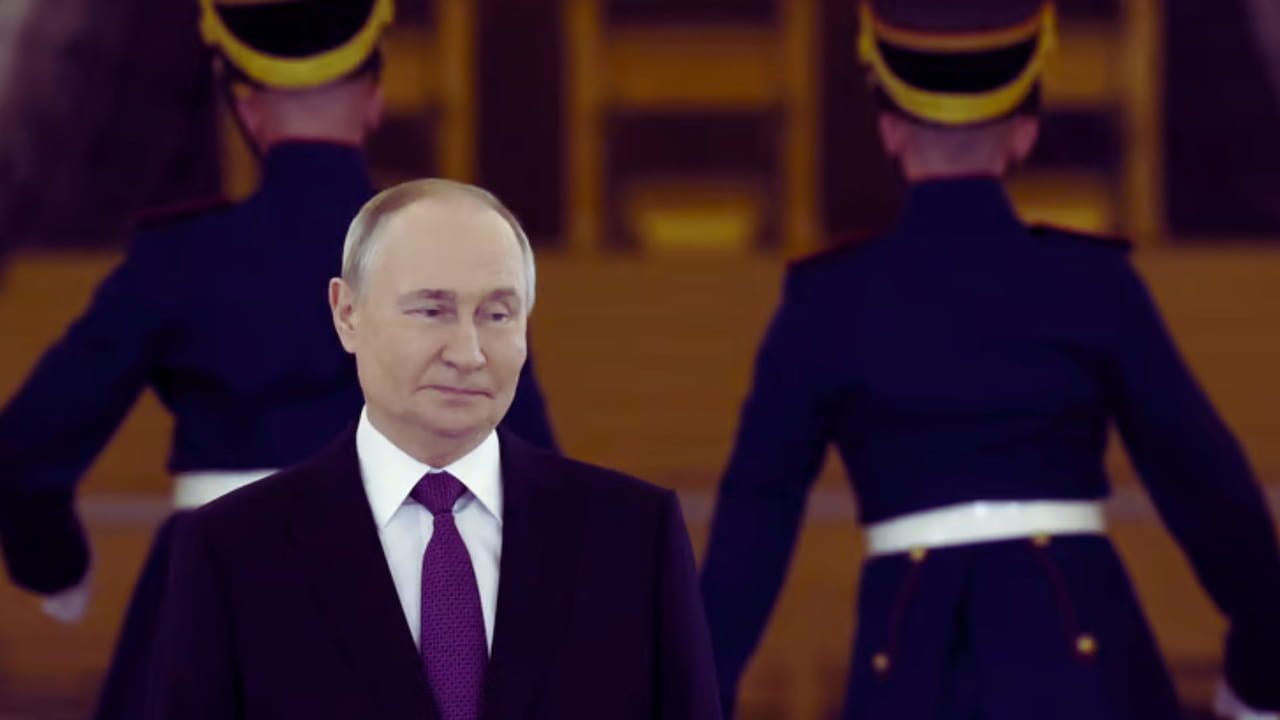North Korean Soldiers in Russia Discover Unrestricted Internet Access, Pentagon Responds
In an unprecedented development that blends military alliance with cultural exposure, reports have emerged about an unexpected side effect of North Korea’s military deployment to Russia. According to recent claims, North Korean troops are experiencing unrestricted internet access for the first time, leading to some surprising behavior.
Financial Times commentator Gideon Rachman sparked global attention when he posted on social media about North Korean soldiers’ newfound internet freedom. According to his source, these troops, traditionally isolated from the global internet, are now allegedly spending significant time consuming online content of an adult nature.
The Pentagon has noticed these claims, though with measured skepticism. Defense Department spokesperson Major Charlie Dietz addressed the situation Tuesday, stating they couldn’t verify “any North Korean internet habits or virtual ‘extracurriculars'” taking place in Russia. Instead, the Pentagon maintains its focus on “more serious aspects” of the North Korean-Russian military relationship.
This unusual situation stems from a larger geopolitical move: Kim Jong Un’s decision to send approximately 10,000 North Korean troops to support Russian President Vladimir Putin’s military operations in Ukraine. This deployment, which began in late October 2024, represents a significant shift in international military cooperation.
The contrast between North Korea’s heavily restricted internet access and Russia’s relatively more open online environment presents a unique cultural phenomenon. While Russian internet access isn’t completely unrestricted, it offers far more freedom than North Korea’s tightly controlled information landscape, which ranks among the world’s most restrictive.
Military experts are particularly interested in the potential impacts of this sudden exposure to unrestricted internet access on troops from such a sheltered environment. The psychological and cultural implications remain unclear, especially given the stark contrast between North Korea’s controlled information environment and their current situation in Russia.
The Pentagon’s response highlights several key points:
- Their primary concern remains the military implications of North Korean-Russian cooperation.
- You should contact Moscow with any questions about internet access.
- The focus continues to be on supporting Ukraine
- Regional security concerns take precedence over troops’ internet usage.
This situation underscores a broader phenomenon: how sudden exposure to unrestricted information can impact individuals from heavily controlled societies. While the specific claims about the troops’ internet usage remain unverified, the scenario raises important questions about information access, cultural adaptation, and the unexpected consequences of military deployments.
The international community continues to monitor the broader implications of North Korea’s military support for Russia, with concerns extending beyond traditional military aspects to include cultural and psychological dimensions. As this situation develops, it serves as a unique case study in how military alliances can lead to unexpected social and cultural dynamics.
This story continues to evolve, with various international observers and military analysts watching closely. While some aspects may seem humorous, they highlight serious questions about information control, cultural exposure, and the complex human elements of international military cooperation.
